Reception
Class Teachers and Teaching Assistants
In Reception, your teachers are:
| RA | Mrs Heathcote & Mr Hoskin |
| RB | Miss Nicholson |
| RC | Mr Sibbit |
Your teaching assistants are: Mrs Khalid, Mrs Cheema and Miss Sultana
The School Day
| 8:40am | Doors open |
| 8:50am | Register |
| 10:10am | Break |
| 11:20am | Lunch |
| 1:45pm | Afternoon break |
| 3:15pm | Home time |
Learning in Reception
Upon entry to Reception, your child will be given plenty of opportunities to explore and build relationships. Within their first 6 weeks of attending school, they will complete the Reception Baseline Assessment (RBA).
All children will complete the EYFS profile by the end of Reception as part of statutory end of key stage assessment. Staff who work with the children carry out ongoing assessments and observations and use this to fill in the profile and report the outcomes. We have high expectations of our children and support all individuals to reach their potential.
In Reception our learning is developed through topics which are developed through the children’s interests and understanding. With key learning objectives and questions that nurture their language, thinking, reasoning and understanding in all areas.
Children have planned daily sessions of:
Teacher-led learning in Literacy (reading, writing, phonics) and Maths (numbers, numerical patterns and shape)
Independent learning through Literacy and Maths activities providing well-planned opportunities for children to apply and challenge their skills and new learning.
We provide a challenging, stimulating, exciting environment to enable every child to reach their potential and to build strong foundations to continue on their learning journey through school.
Curriculum Newsletter
Curriculum Newsletter Summer 2
Curriculum Newsletter Summer 1
Curriculum Newsletter Spring 2
Curriculum Newsletter Spring 1
Little Wandle
Chapel Street follow the Little Wandle Letters and Sounds Revised programme.
Throughout Nursery and Reception, Phase One provides children with the opportunities to listen to and recreate different sounds with their voices, bodies and musical instruments. The children learn in a language-rich environment, with many opportunities to listen to and join in with stories, songs and rhymes.
When the children then begin to learn the letter-sound correspondences in Reception, they should be ready to segment and blend them to read words. They follow the Little Wandle Letters and Sounds Revised progression, which ensures children build on their growing knowledge of the alphabetic code, mastering phonics to read and spell as they move through school.
Phonics Information Sheet: Phase 2 Set 1
Phonics Information Sheet: Phase 2 Set 2
Phonics Information Sheet: Phase 3
To view our Early Years Curriculum Long Term Plan and further information about what your child will be learning and experiencing from the moment they start their Chapel Street journey, please see our EYFS Curriculum page here.
To find out more and to access the Little Wandle Programme Overview, please visit our Early Reading & Phonics page here.

In order to meet the needs of all pupils in the Early Years, in Reception, we have our Woodland room, where pupils can attend to work on specific targets linked to communication and interaction and their cognitive skills. The adaptations to curriculum and plans are held in school.


